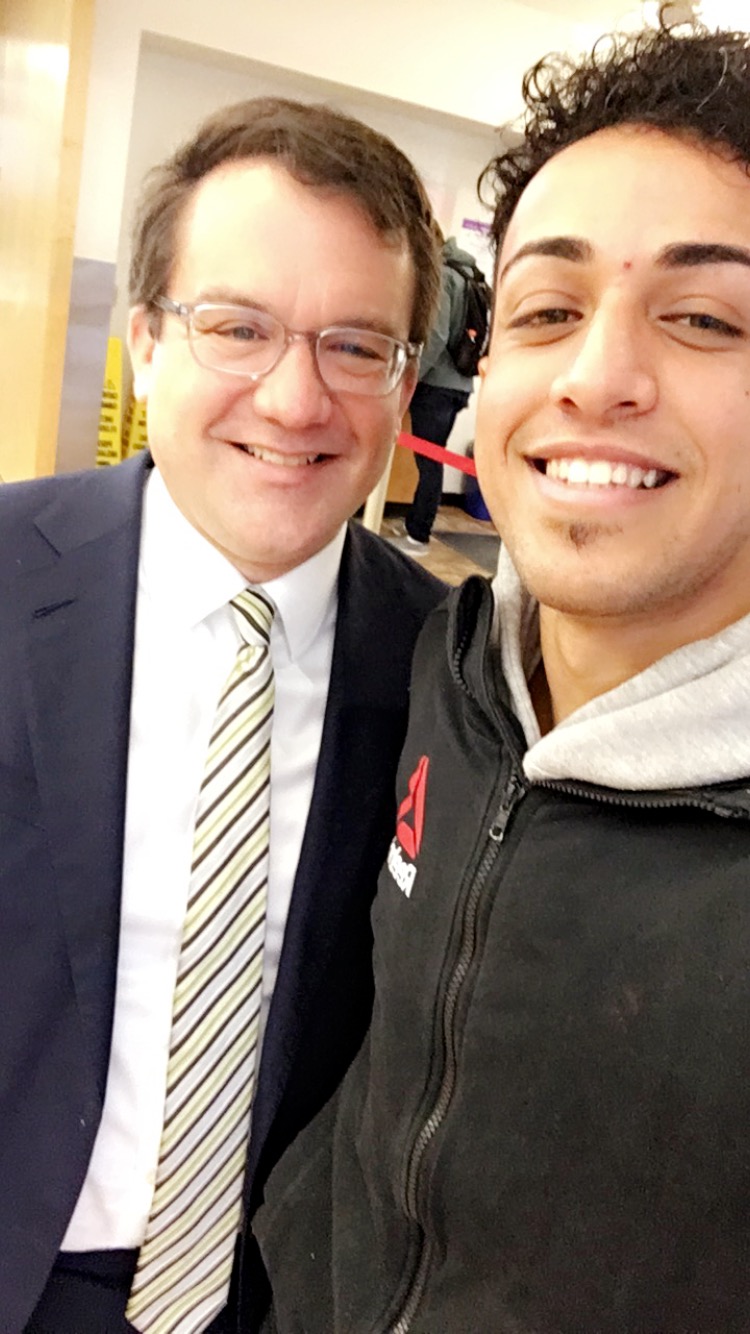Celebration of Scholars
COVID-19 Impact on Small Businesses in Kenosha

Major: Finance
Hometown: Sana'a, Yemen
Faculty Sponsor:
Other Sponsors:
Type of research: SURE
Funding: SURE
Abstract
The food industry takes up a major 10% of the U.S overall workforce, making it one of the most important income streams for U.S workers. COVID-19 has had a global and devastating impact on small businesses, which are the backbone of the economy. The research was to assess the various impacts that the pandemic has had on small businesses, specifically, the restaurant industry in Kenosha, WI in order to stand by our local business owners, therefore, making a positive impact on the broader business community in Kenosha. This would elevate the local entrepreneurship spirits and support our local and small businesses, effectively keeping unemployment rates relatively lower than other regions. Extensive field research, phone calls, and virtual meetings with local business owners were primarily used to acquire the necessary information. The research ended with customized recommendations that were shared with each restaurant as well as the initiation of a community program idea (utilizing the Aspire Center to connect student interns with local business owners) to lessen the impacts of both the pandemic and the recent civil unrest in the Kenosha area.Submit date: Feb. 27, 2021, 11:13 p.m.
